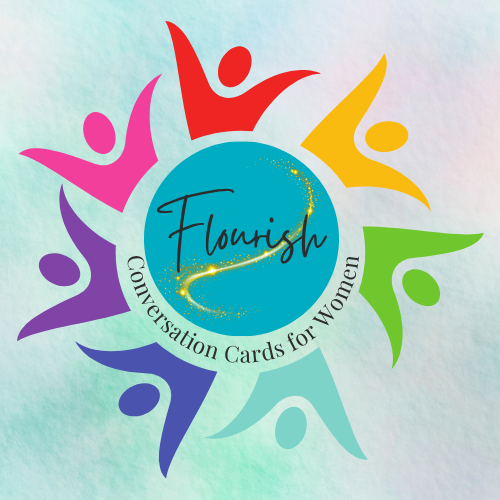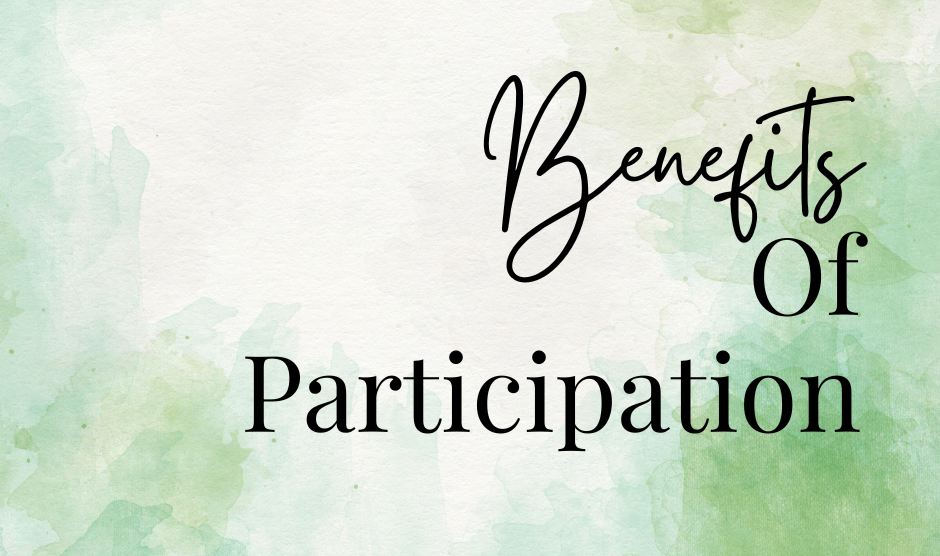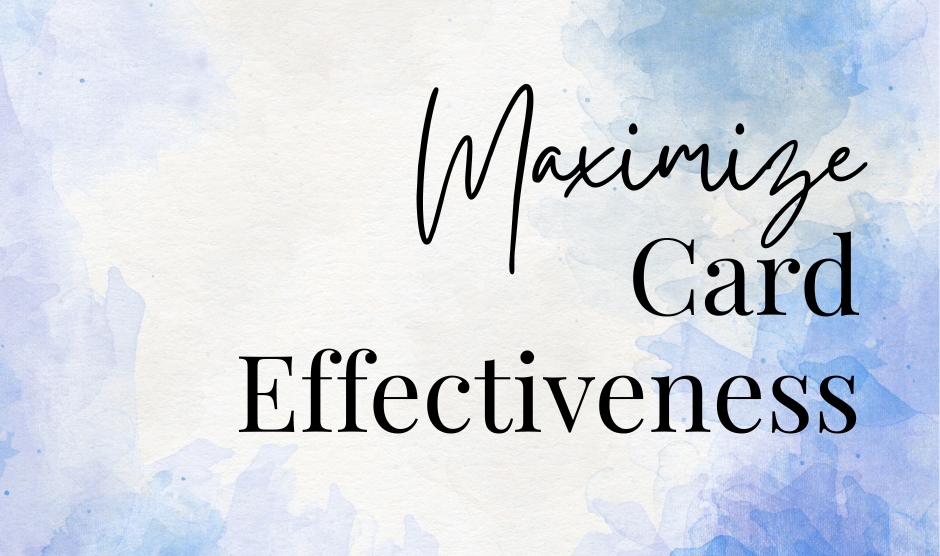Card Deck Guide
Deck I - Exploring Self
Health & Wellness: Topics include redefining fitness and vitality, the art of aging gracefully, optimizing our physical and mental energy, navigating healthcare as we age, and defining health and wellness for ourselves.
Mental & Emotional: Topics include emotional intelligence in relationships, the courage to set boundaries, keeping our minds sharp, managing anxiety and stress, emotional resilience, and maintaining mental and emotional balance.
Spirituality: Topics include values-based living, mindfulness and meditation for busy women, legacy and meaning, faith, doubt and spiritual growth, spiritual practice, and nurturing our soul.
Work & Purpose: Topics include career transitions and new chapters, purposeful learning, volunteering with impact, personal mission statement, our definition of meaningful work, and pursuing purpose.
Deck II - Relationships and Connection
Family: Topics include navigating changing family dynamics, caring for parents and children, grandparenting in the modern world, changing family traditions, and family patterns and stories.
Friends & Social: Topics include building authentic friendships at every stage, mentoring and being mentored, the art of difficult conversations, using your influence for good, and lifetime relationship lessons.
Sexuality & Intimacy: Topics include intimacy and connection in long-term relationships, rediscovering sensuality after 50, dating and romance later in life, communication and vulnerability in intimate relationships, and healthy intimate relationships at this stage.
Relationship with Money: Topics include taking control of your financial future, overcoming money taboos, family stories, and cultural beliefs, creating a legacy and making an impact, and defining financial success as a woman.
Deck III - Exploring Life
Fun & Recreation: Topics include rediscovering play and spontaneity, travel and adventure after 50, unleashing your creative artist, the therapeutic power of passionate pursuits, and finding joy and celebration.
Environments: Topics include creating a sanctuary at home, sustainable living with style, connection to nature, managing clutter, and adapting your living space to support aging.
Personal Style & Image: Topics include evolving personal style, confidence and personal branding, beauty redefined, authenticity over perfection, the psycholog of color and style, and staying current with trends.
Technology & Modern Life: Topics include technology as a tool, not a master, staying connected with family and friends, online safety and privacy, curating a digital presence, and handling frustration with technology.
What's In It for You: The Benefits of Participation
Participating in a Flourish Discussion Group offers profound benefits beyond the meeting room.
Meaningful Relationships
Deep friendships, developed through shared vulnerability, creating lasting bonds beyond surface-level acquaintances.
Mutual support, as group members become allies through life's challenges and celebrations.
Intergenerational wisdom, from mutual sharing by women across the 50+ spectrum.
Becoming a part of a community, as everyone experiences the rare gift of being truly known and accepted.
Intellectual Stimulation
Lifelong learning, by exploring new ideas and perspectives on familiar topics.
Mental engagement, as exploring new ideas keeps your mind sharp and curious.
Sharing your wisdom, by contributing your experiences while learning from others' journeys.
Creative thinking, as your sharing sparks new ideas and possibilities.
Emotional Well-being
Stress relief, as honest sharing provides emotional release and perspective.
Validation, by discovering that others share your experiences and feelings.
Hope and inspiration, from hearing stories of resilience and growth that inspire your own journey.
Joy and laughter, as authentic connection naturally includes moments of genuine delight.
What's In It For You: The Benefits of Participation
Personal Growth
Self-discovery, as questions prompt reflections you might not pursue alone.
Expanded perspectives, as exposure to different viewpoints can challenge and enrich your thinking.
Values clarification, as discussions can help solidify what matters most to you at this life stage.
Confidence-building, as regular sharing builds comfort with vulnerability and authentic expression
Life Enhancement
New opportunities, as connections often lead to new experiences, travel companions, or collaborations.
Accountability, as group support helps you follow through on goals and aspirations.
Renewed purpose, as discussions often clarify next steps or new directions.
Legacy creation, as your wisdom and stories become gifts to future generations,
How to Use Flourish Cards
The Flourish card system is designed for flexibility while maintaining focus, interest, and excitement. Here's how to maximize their effectiveness:
Card Selection Suggestions
Choose category cards that align with your group's current needs or interests.
Create themed sessions by letting participants vote on categories
Spread chosen cards face up and let individuals choose what draws them
Spread chosen cards face down for spontaneity and surprise in the moment.
Pass a small selection around and have each person pick a card.
Random Discovery Option:
Shuffle cards and draw blindly for surprising conversations.
Use a "card of the day" approach for ongoing groups.
Let serendipity guide your discussions.
The Three-Question Format
Each card contains three questions on the same theme, giving participants choice and comfort.
Encourage participants to:
Read all three questions silently first.
Choose the one that resonates most or feels most comfortable.
Participants can choose to pass if no question feels right.
Possible Answer Approaches;
Individual Reflection: Give participants ample time to think before sharing.
Partner Sharing: Have participants discuss in pairs first, then share with the larger group.
Go-Around: Everyone answers the same question for variety in perspectives.
Organic Flow: Let conversation develop naturally, with multiple people responding to the same or different questions.
Building Group Trust Over Time
Successful conversation groups evolve through predictable stages. Understanding this process helps everyone navigate challenges.
In the first few sessions, participants share politely on the surface. As relationships and trust grow, awkwardness recedes.
·Within five to seven sessions, a group identity and culture develop, increased comfort with vulnerability, emerging natural support systems, shared jokes, and references.
With commitment to attending, deep, meaningful conversations flow naturally. Participants enjoy strong mutual support and genuine care. The group handles conflict constructively, and rich, long-lasting friendships evolve.
Rules of Engagement: Creating a Safe Container
Clear agreements create the trust necessary for meaningful conversations. You can set up these guidelines with your group, and feel free to develop your own.
Confidentiality
What's Shared Here, Stays Here: Personal stories and revelations remain within the group.
Ask Permission: If you want to reference someone's story outside the group, ask first.
Protect Privacy: Don't share identifying details about group members with others.
Social Media Boundaries: Agree on what, if anything, can be posted about your gatherings.
Respectful Communication
Listen Fully: Give speakers your complete attention without planning your response.
Speak from Personal Experience: Use "I" statements rather than giving advice or generalizing.
Honor Different Perspectives: You don't have to agree, but we all flourish when everyone respects different viewpoints.
Avoid Interrupting: Let each person complete their thoughts before responding.
Participation Guidelines
Right to Pass: Anyone can skip a question or round without explanation.
No Fixing or Advice-Giving: Unless specifically requested, focus on listening rather than problem-solving.
Share the Time: Be aware of taking appropriate time without monopolizing the conversation. Agree to minimize explanations and stories when answering questions.
Stay Present: Be polite by minimizing distractions from phones, side conversations, or mental planning.
Emotional Safety
Handle Tears with Grace: Emotional responses are normal and welcome.
Respect Boundaries: If someone indicates a topic is too uncomfortable, gracefully move on.
Check In: If someone seems triggered or upset, offer support during or after the session.
Professional Referrals: Acknowledge when issues require professional support beyond the group's scope.
Group Dynamics
Start and End on Time: Respect everyone's schedule and commitments.
Regular Attendance: Commit to consistent participation—groups thrive on continuity.
Rotating Facilitation: Consider sharing leadership responsibilities as the group matures.
Address Issues Promptly: Deal with conflicts or concerns before they impact group dynamics.




